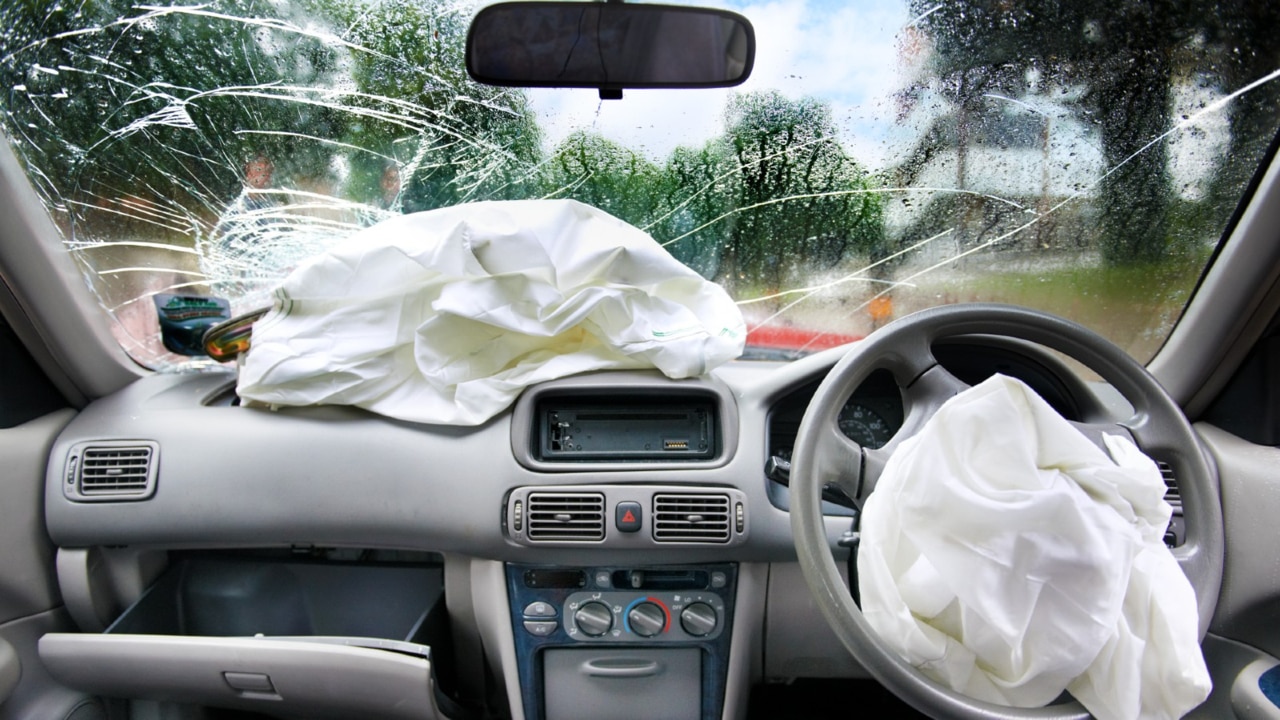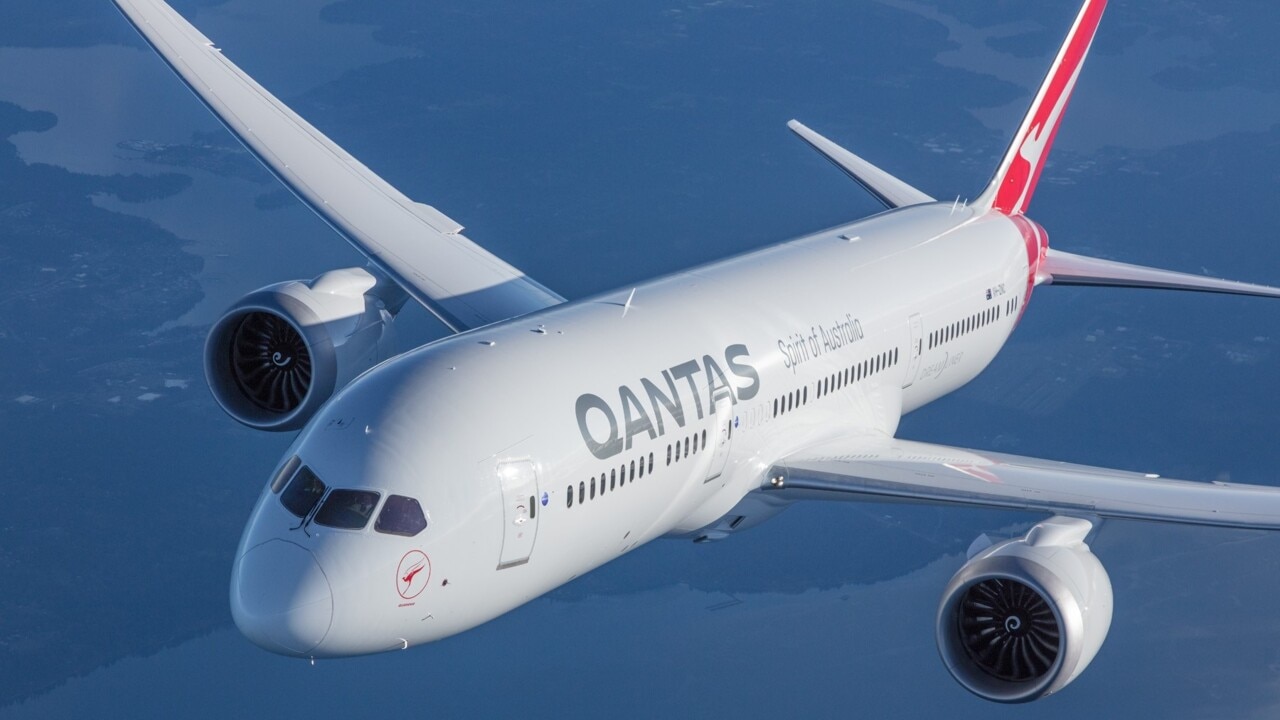Sky News has obtained figures that show complaints about the travel insurance industry have tripled in the past financial year.
Concerns over unclear alcohol-related policies have risen after two Australian women were denied claims after drinking on holiday.
An insurance expert said some companies will go to “unreasonable extents to try and deny your claim”.
Ella Cutler
Western Australian Police officer Ella Cutler was left in an induced coma in August after falling off a cliff in Croatia.
She had purchased travel insurance from RAC but her claim was denied because she had been under the influence of alcohol when she fell.
It’s unclear how much alcohol she consumed and whether that affected her impairment, but CHOICE Insurance Expert Jodi Bird said companies will often try to get to the bottom of it.

“It could obviously become a gray area of how many drinks you’ve had and how the travel insurer thinks those drinks might have affected your actual claim,” he told Sky News.
“Sometimes travel insurers, we think, will go to unreasonable extents to try and deny your claim.”
Insurance provider Tokio Marine said it has been providing a “range of support to Ms Cutler and her family since the incident occurred”.
“We are currently assessing an open claim and looking forward to working with them towards a positive outcome,” a spokesperson said in September.
“We are not able to provide any further information about the specific policy or claim due to privacy reasons.”
The company was unable to provide an “on-the-record comment” when asked whether it could provide a statement on the details around alcohol consumption.
Kylee Enwright
Australian mother Kylee Enwright suffered a catastrophic brain injury after falling at a hotel in Thailand earlier this year.
The 48-year-old fell into a coma and was hospitalized in Phuket for three weeks.
Her insurer Cover-More denied her claim because she had alcohol in her system – meaning the family was out of pocket by hundreds of thousands of dollars.
Her blood alcohol level was never tested, but it’s alleged Cover-More used her bar tab and estimated her body weight to calculate a blood alcohol level at the time of her fall.
“The travel insurer actually went and got a hold of the policyholder’s bar bill and they didn’t have a blood alcohol reading from the hospital,” Mr Bird said.
“So they just went and calculated the blood alcohol level based on what they saw on the bar bill and the weight of the person who had the drinks.”
More than $200,000 was donated to a GoFundMe page set up by her family, which paid for her medically supervised flight back to Australia.
The mother-of-three died in August.
Specific policies around alcohol
Sky News got in touch with several insurance companies to ask for their specific policies around alcohol.
An IAG spokesperson said they review each claim on a “case-by-case basis”.
“Travel insurance policies underwritten by IAG entities include general exclusions for losses and expenses caused by the effects of alcohol and drugs. We review each claim on a case-by-case basis and may take into consideration a policyholder’s level of intoxication to determine if this is a contributing factor to an incident.”
An NIB spokesperson said they had “very general wording” on the policy around intoxication, adding, “we might have to sit this one out”.

Bupa and its underwriter Allianz said they did not wish to provide a comment.
Medibank and Cover-More have product disclosure statements stating it would not cover claims if a person has a blood alcohol level of 0.19 per cent.
Complaints
The Australian Financial Claims Authority received 1,679 complaints about travel insurance in the 2022-2023 financial year.

That’s more than triple the number received in the 2021-2022 financial year, although COVID-19 could have reduced the number of travelers.
Of the 1,679 complaints, 23 per cent were due to a denial of claim due to an exclusion or condition.
More than one third of complainants had issues with the delay in claim handling and 16 per cent of those complaints were due to a denial of claim.